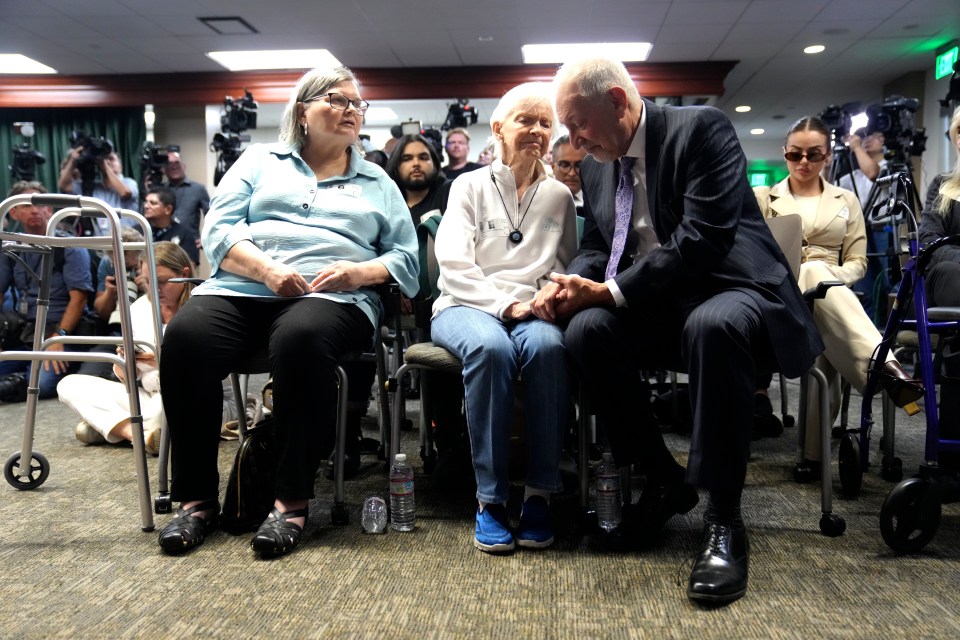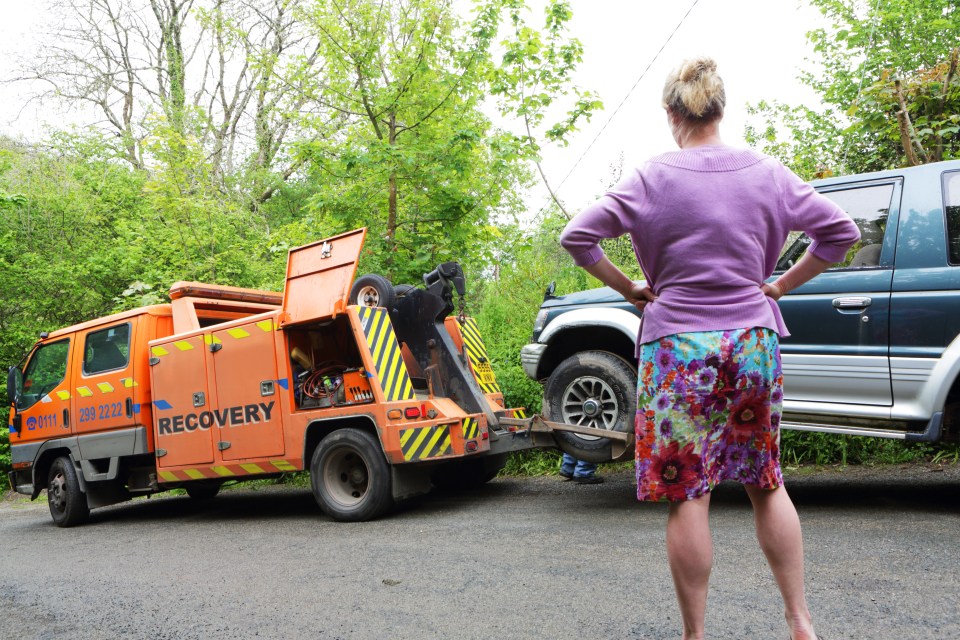Alabama’s Historic Legislation: Enacting the Nation’s Strictest Human Trafficking Laws
Alabama Governor Kay Ivey signed legislation on Thursday that substantially raises the criminal penalties for anybody found guilty of human trafficking. A youngster trafficked in Alabama would face a life sentence.
Gov. Ivey tweeted, “HB42, The Sound of Freedom Act, is now the TOUGHEST anti-human trafficking law in the nation.” “It gives me great pleasure to sign this bill into law and I applaud Rep. Givens for bringing up and guiding this significant legislation.”
Donna Givens, a Republican from Loxley, sponsored House Bill 42.
When the victim is a kid, the new law will make a life sentence mandatory for first-degree human trafficking. Governor Ivey requested this bill in her State of the State speech. The Sound of Freedom Act, which is the name of the new legislation, is derived from a recent movie that raised awareness of human trafficking among a broad national audience.
Governor Ivey said, “One of the most horrific and heartbreaking crimes in America is human trafficking of minors. Those found guilty should face the harshest penalties because the victims are the most defenseless among us.”
Law enforcement has found it difficult to stay up with those who wish to hurt and take advantage of innocent victims as human trafficking expands throughout the country. Sadly, there have been instances of human traffickers blatantly breaking our laws right here in Alabama, but not anymore.
“There has to be a line drawn in the sand, and Alabama leads the nation with the harshest penalty for anyone found guilty of first-degree human trafficking of a minor,” Ivey said. Nothing less than life behind bars will be their lot. These offenders will have to give that a lot of thought before attempting to hurt youngsters in our state.
“I was proud to sign the Sound of Freedom Act into law enabling Alabama to take the lead in protecting children from these horrendous crimes,” Ivey said. I also want to thank Representative Donna Givens for bringing this significant bill to final passage.
Human trafficking in the first degree is committed, according to the legislation, if:
- He or she willfully places another individual in sexual or labor slavery.
- He or she willfully acquires, recruits, entices, solicits, induces, threatens, isolates, harbors, places restraints on, transports, supplies, or keeps any minor to force that minor into sexual slavery.
- He or she willfully offers, or tries to offer, money or any other value in exchange for having any sexual relations with a minor or someone he or she thinks to be a minor.
The defendant does not have to know the age of a child victim, nor is a reasonable mistake of age a defense to responsibility.
Among the illegal businesses expanding the quickest is human trafficking. Both the need for work and the demand for girls and young women for sex acts, whether in person or online, are almost limitless.











